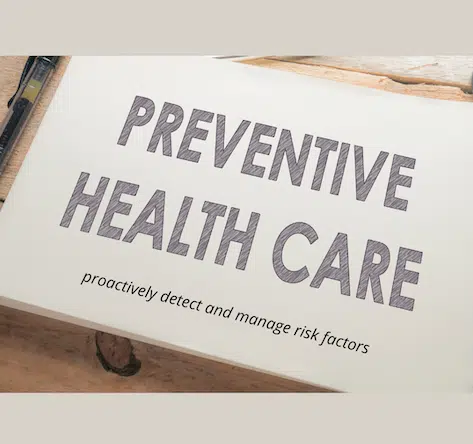We’ve talked about the dietary and lifestyle changes to address your autoimmune disease, but which supplements are best to give your body the extra support it needs to quell autoimmune processes?
Whether if you have Lupus, Hashimoto’s, Multiple Sclerosis, Celiac or another autoimmune disease, these five supplements work together to support your immune system, decrease inflammation and calm your system to allow for better, brighter days ahead!
Want to purchase these Autoimmune Disease Supplements and have them delivered to your House?
Try Dr. ACE’s specialty curated supplement list to help you with your Autoimmune Disease. Practioner quality supplements shipped to your door.
1. Glutathione
Glutathione is your body’s most potent antioxidant, playing a key role in detoxification by binding and eliminating toxins. Your body does produce some glutathione naturally, however a poor diet, chronic stress, prescription medications and disease quickly deplete that glutathione, further increasing the inflammatory response.
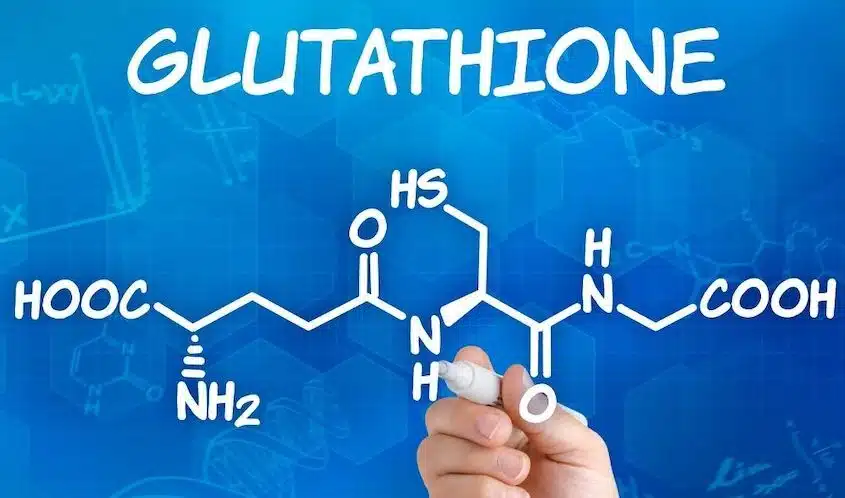
2. Vitamin D
Vitamin D deficiency is an increasingly well-known concern world-wide. Previously it was known for its role in bone health, however now it proves huge benefits for the skin, brain and immune system, particularly in modulating autoimmune disease.
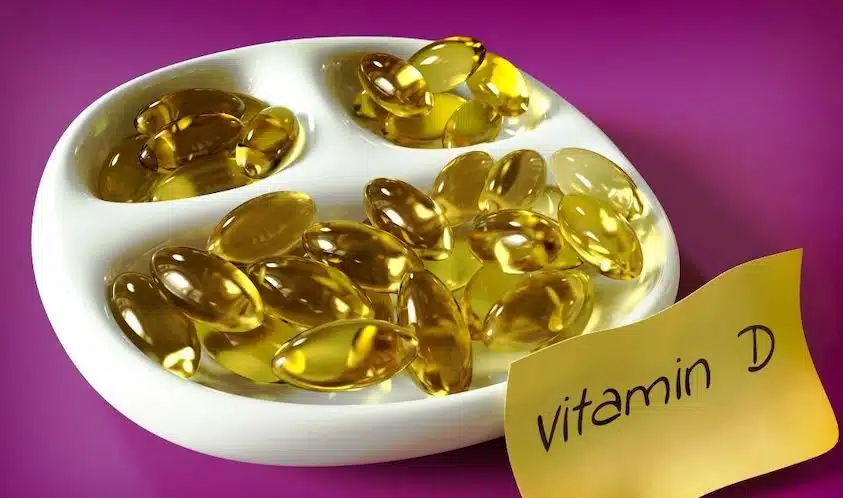
3. Curcumin
Curcumin is the highly concentrated active ingredient in turmeric. This herb is most well known for its anti-inflammatory properties and for having an important role in dampening two major inflammatory pathways in autoimmunity.
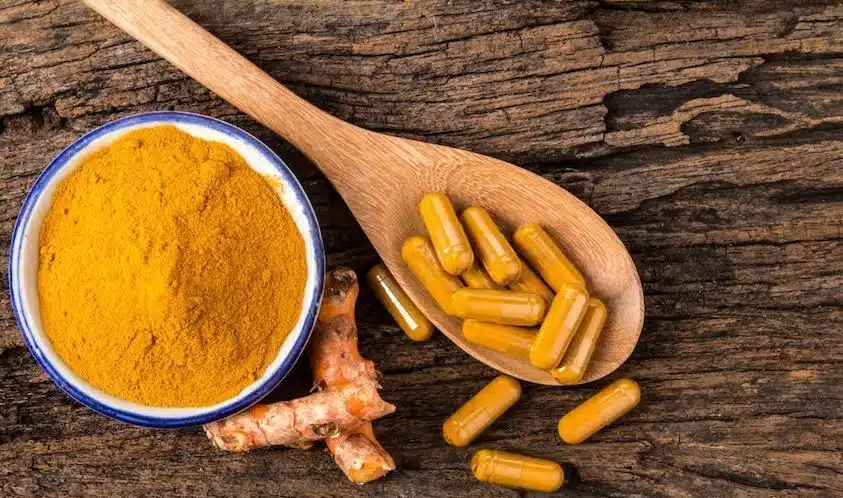
4. Probiotics
What aren’t probiotics good for? But seriously, as we know, autoimmune disease can be tightly correlated with gut health and we know that the gut houses much of our immunity, so long story short, probiotics are good for your immune system and gut health, thus decrease symptoms of autoimmunity!
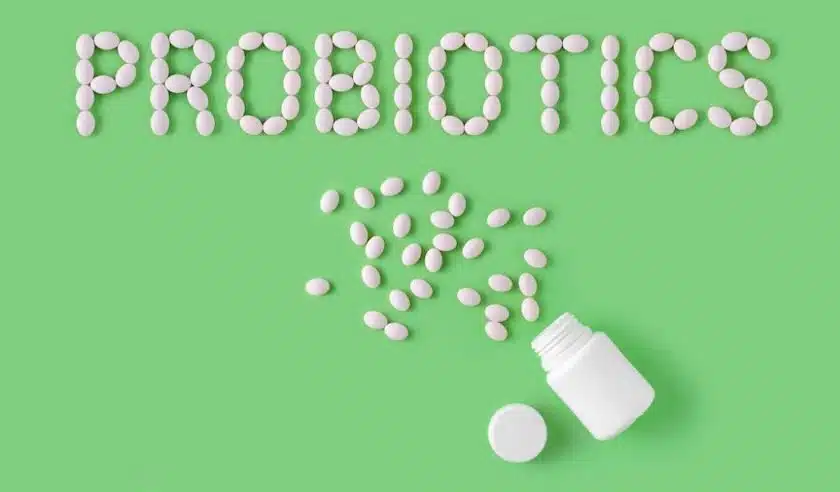
5. Resveratrol
Resveratrol is an antioxidant well known for its content in red wine, however the potency in red wine is very low (so don’t count on this health factor to drink!) It has an effect on metabolism, supports healthy aging and newer research shows huge benefits as an anti-inflammatory and immune-modulator.

Why These Supplements Work to Fight Your Autoimmune Diesease.
Many of these supplements work on the same pathways to aid your body’s response to autoimmunity. They all work synergistically to support your body’s immune system, decrease inflammation and aid your nervous system in responding to the heightened demands of autoimmunity. These supplements alone will not be the magic thing to change your disease, but with the dietary changes and lifestyle modifications explained in the last two blogs, they can work wonders for your health and you may even be able to halt and reverse your disease progression.
Need an Extra Boost to Help Fight Back Your Autoimmune Disease?
Let us Help with Dr. ACE’s Personalized Autoimmune Supplement Script!
Click below to explore our curated list of supplements that you can purchase, specially selected to help you with your Autoimmune Battles. High quality supplements, doctor trusted with no fillers.
Sign up for a free account, checkout and relief will be shipped directly to your door.

The above information is not intended to diagnose or treat a disease and is not a substitute for appropriate medical care.




